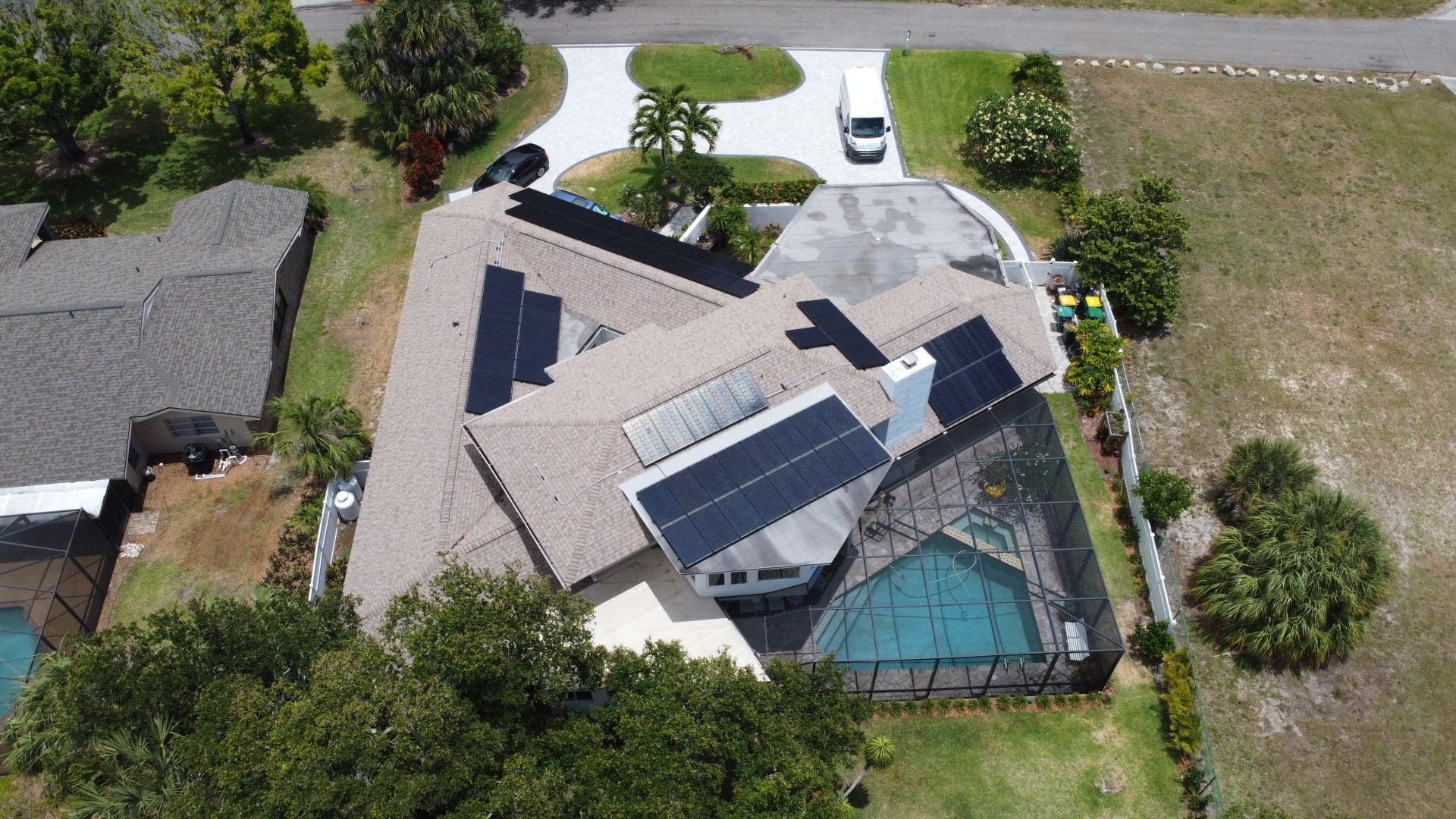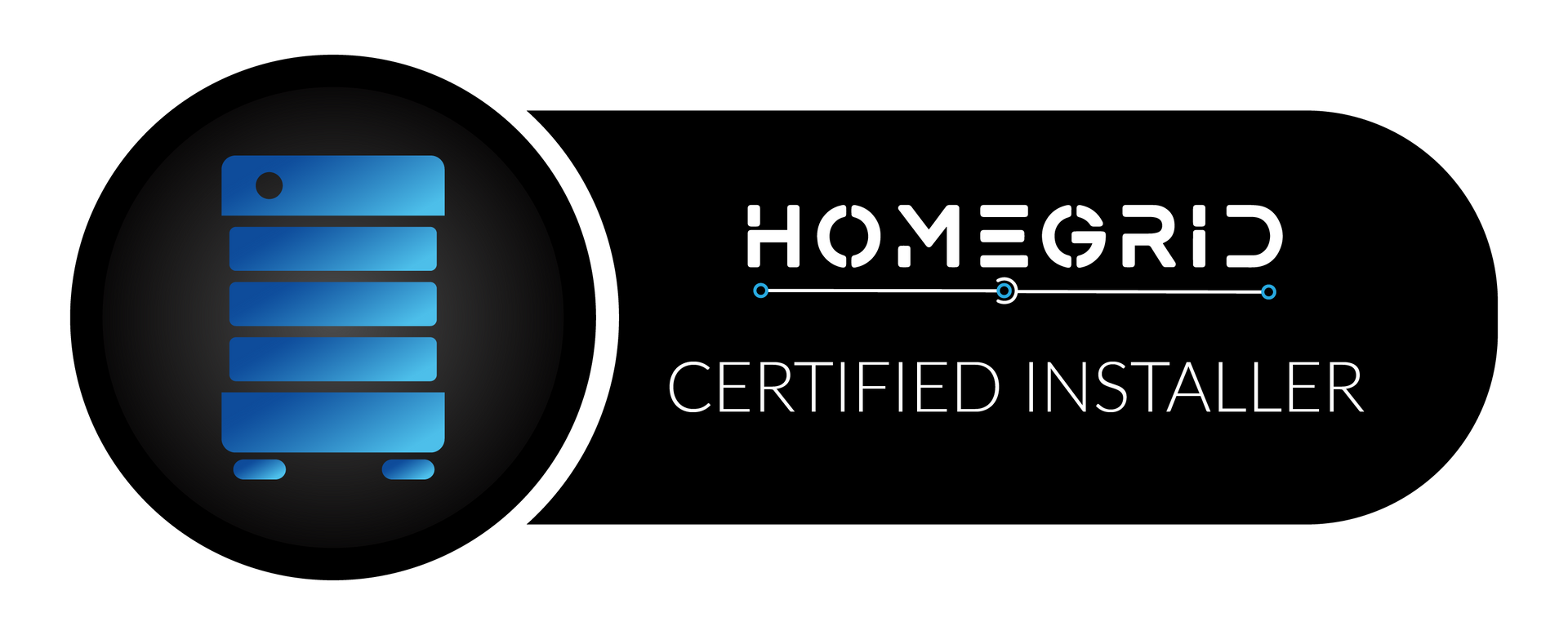The Treasure Coast's #1 Trusted Solar Company with 40+ Years Experience
Get your solar solutions from the Local Solar Company that is always a phone call away.
Climatic Solar is located in Vero Beach, FL. and has been installing and repairing solar panels, solar pool heating, solar hot water heating, and complete solar electric systems for both residential and commercial properties since 1979.
Solar Panels + PV
Each system is tailored to each customer’s utility bill, roof characteristics and desired output. Most of our customers are paying less than half of what they were paying for their electricity! Add some solar panels and you're in business.
Solar Battery Systems
For an extra level of safety and comfort during power outages, we offer top-of-the-line battery backup systems that seamlessly integrate with solar electric systems. Whether it's keeping the food cold or the whole house running, this is peace of mind.
Solar Pool Heating
We began our business heating pools and household water more than 40 years ago. We've installed more than 10,000 pool systems! In Florida, pools are a way of life. The ability to use the pool year 'round is just a phone call away!
Solar Hot Water
Solar water heating is nothing new, but it has gotten better over the years. Today's equipment is highly efficient, and for families with high hot water consumption, it's a lower cost way of doing things.
The Treasure Coast's Original Full Service Solar Company
Residential, Commercial and Agricultural Turnkey Installations and Service

Custom Solar Solutions
Every solar energy installation is tailored to your unique needs. Let us build the right system for you. Our systems are turnkey - you can relax, we have it handled.
The Proof is in the Pudding
Solar companies come and go, and often have business models based on the availability of government or utility incentives. Climatic Solar has a model based on happy customers who tell their friends about us.
Global Resources
The solar products we carry are the products we like and use as individuals. From solar panels to inverters, batteries to pumps; We have picked the highest value, most reliable equipment on the market.
White Glove Service
Service is the foundation of everything we do as a solar company. Whether it's installation, maintenance or repair - our goal is always complete customer satisfaction.
How Our Solar Installation Solutions are Better!
8 Reasons Why to Go Solar with Climatic Solar
-
Big Tax Credit Available!
Solar electric and solar hot water systems have a 30% federal tax credit available saving our customers anywhere from $2,000 to $20,000 - and there is no limit.
-
Fastest + Best Solar Panel Installations
Upon receiving the permit for the project, typically 7-10 days later we’ll arrive and a crew of our
professional installers get the job done fast, with cleanliness and attention to detail.
-
No Money Down Financing!
Qualifying is easy, requires no out-of-pocket for the system. Financed systems normally have a lower
monthly payment than the electric bill it replaces.
-
Lock In Utility Rates for 25 Years!
Not only do you save money on your bill, but FPL locks its customers in at today’s utility rates for 25 years. The higher inflation, the bigger the savings.
-
We Do the Entire Solar Installation Process!
Our solar systems are turn key: We get all engineering, permits, contracts with FPL,
provide documentation for HOAs, schedule city/county inspections and commission the systems in-house.
-
Investments for a Lifetime!
One of the best financial and environmental decisions you can make. The systems more than pay for themselves in savings. Solar Panels and Solar Electric Systems last 25-35 Years, Solar Pool Heaters And Hot Water Heaters 10-15 Years!
-
A Proven Track Record!
Approaching 10,000 installs over the past 40+ years on the Treasure Coast - We are local and have a proven track record
-
Community Discounts!
Get a neighbor or two on board for a solar installation and save even more.
The Treasure Coast's
Solar Company
We happily serve the solar needs for customers in St. Lucie County, Martin County, Indian River County, and Southern Brevard County. Now approaching 10,000 solar installations, with countless repair and service requests fulfilled; and an A+ Better Business Bureau rating with NO complaints... we think we have earned our reputation!
Don't Waste Time With Online Calculators...
GET A REAL SOLAR INSTALLATION QUOTE!
We will come to your home or business, as soon as tomorrow...
Navigation
About Climatic Solar
We were the 1st Solar Company to serve the Treasure Coast, making us your best choice. For more than 40 years, Climatic Solar has provided complete sales, installation, and solar repair services.
We offer the best solar products — solar water heaters, solar pool heaters, complete solar systems for homes, and the best solar electric panels on the market.
We proudly serve the solar needs for customers in St. Lucie County, Martin County, Indian River County, and Southern Brevard County.
CALL US
772-567-3104
EMAIL US
support@climaticsolar.com
FIND US
650 2nd Lane
Vero Beach, FL 32962, USA
Interested in solar energy for your home or business?
We’re here to help!
All Rights Reserved | Climatic Solar Corporation









